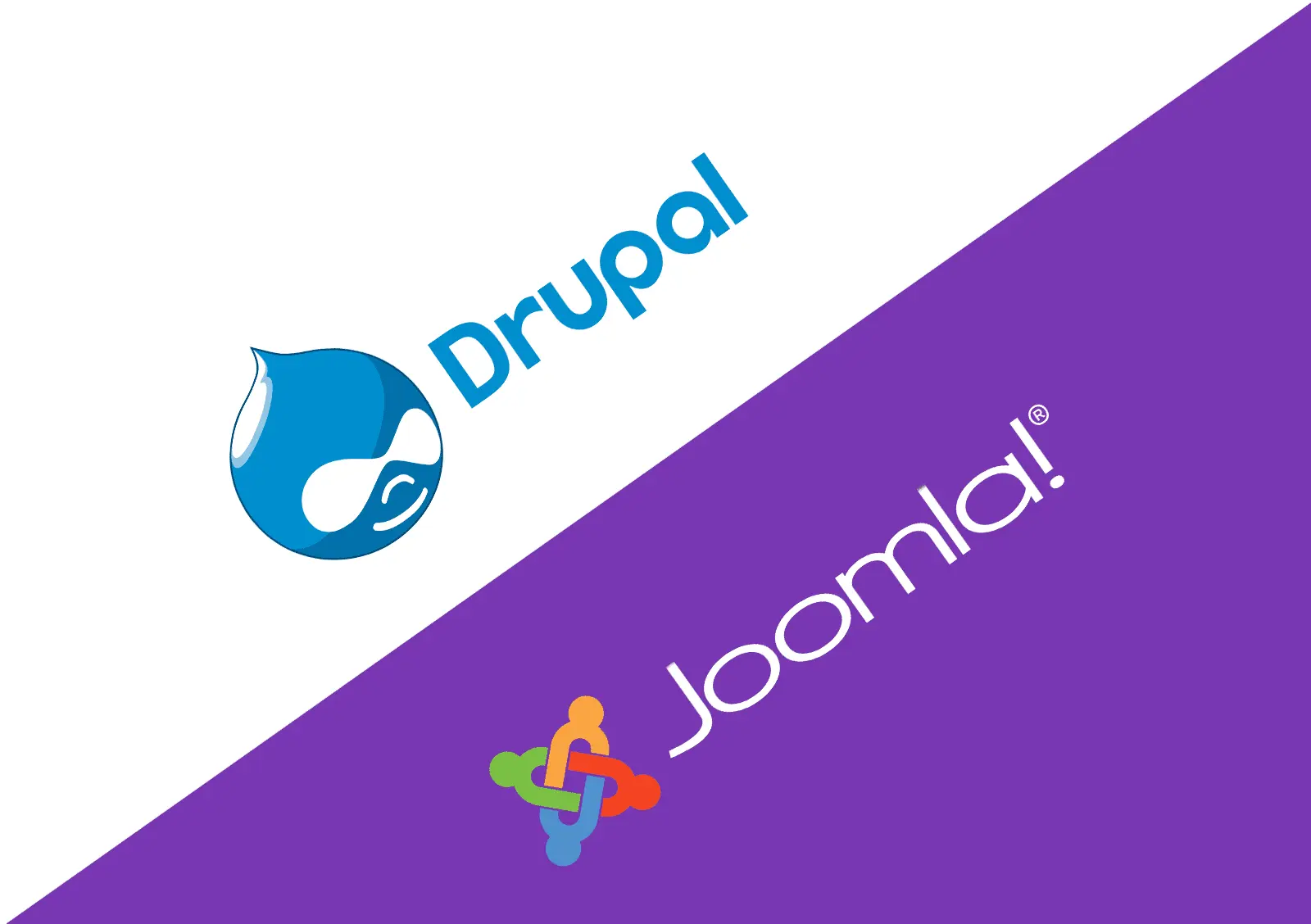Did you know that Joomla! is the third most popular website creation tool in the world? Did you know that over 20% of all new websites created today are built with Joomla!? Did you know that there are over 1.6 million active Joomla users around the world? Did you know that Joomla has been around for nearly a decade, and is now on version 4.1? If you didn’t know any of these things about our beloved CMS, then read on for 10 interesting facts about the platform.
Joomla is currently on version 4.1
The current version of Joomla is 4.1, and has been in active development since 2010. Joomla is a very open platform, and has a large community of developers who help to create and support extensions for the CMS. One of the best things about Joomla is that it is regularly updated to keep up with the latest tech trends and development. This means that Joomla is always up-to-date, and should have a lot of longevity as a CMS platform. The updates are fully backwards compatible, and will not break any currently running Joomla sites.
Joomla is an open-source CMS
While some people equate open source with free, Joomla is actually both open source and commercial. There is no cost to using the CMS, and anyone can access the source code for free. This means you can download the full source code for Joomla, modify it as you see fit, and use it for your own commercial website without any issue. There is also no time limit on using the software, and no restrictions on how you use it. There are several large companies that use Joomla for their websites, including Forbes, Mercedes, and many large banks. This shows that Joomla can be used at all levels, from small businesses to multi-national corporations.
Joomla was created by a company called Ateji
Joomla was created by a company called Ateji, who employed a man named Mark Overton. Mark is a British software engineer and entrepreneur, and he created Joomla back in 2005. Nowadays, Ateji focuses more on creating extensions for Joomla, and Mark Overton is still the project leader for Joomla. Mark Overton is a very active member of the Joomla community, and regularly answers questions and interacts with community members through social media. This makes him very approachable, and allows the Joomla team to remain transparent with the community. Ateji also employs a number of other developers and support staff to keep Joomla running. They also have a very active marketing team, who keep the Joomla brand top of mind for potential users.
There are over 1,000 extensions for Joomla!
There are over 1,000 extensions for Joomla, giving you plenty of options for adding functionality and features to your site. There are extensions for almost every type of functionality you could imagine, from eCommerce to marketing, from article and content syndication to mobile apps. A lot of the extensions you’ll find will be free and open-source. There are also lots of premium extensions, which you’ll have to purchase if you want to add the function to your site. One of the great things about Joomla is that you can integrate any number of third-party platforms or services into your site with ease. You can even create your own extensions to share with the Joomla user community.
Users of Joomla speak many languages
The majority of Joomla users come from the English-speaking countries. But there are also large communities using Joomla in many other languages, including Chinese, Spanish, and German. This is one of the great things about open-source software – it can be translated and adapted to suit the needs of almost any country or region. There are also many local Joomla groups who meet up and discuss various aspects of the CMS. This gives people a chance to meet up with others in real life, and exchange ideas and information.
Many people use Joomla to build websites for small businesses and organisations
One of the best things about Joomla is that it’s highly adaptable. This means that you can use it to build a small business website, or an online community website for a nonprofit organisation. You can use it to build a simple blog website, or an eCommerce site that accepts payments. You can even use it to build an online magazine or a content syndication platform. You can use it for almost any type of website. There are thousands of examples of websites built with Joomla, including large and small companies, non-profits, clubs, and societies.
Many people also use Joomla to build simple business websites with no eCommerce function
If you’re after a simple website for your business, but don’t want to add eCommerce functionality, Joomla is an excellent option. There are tons of free website templates available, and you can set up your website in minutes. There are also many paid third-party templates available that you can install directly into your Joomla site. This makes setting up your site even easier, as you can install the template with one click.
People also use it to build very large, high-end eCommerce platforms for some of the biggest brands in the world.
There are some very large and successful eCommerce platforms built with Joomla. Large brands like Converse, Adidas, and Nike use Joomla to power their eCommerce sites. These are very high-end eCommerce platforms, and have millions of products for sale. There are also many other large companies that use Joomla for their eCommerce platforms, including Virgin, and Ford.
Conclusion
Joomla is an incredibly flexible CMS that can be used to build almost any type of website. It’s a great platform for small businesses and organisations, and you can use it to build a simple website with no eCommerce functionality. It’s also a great platform for large, high-end eCommerce websites for some of the biggest brands in the world.






